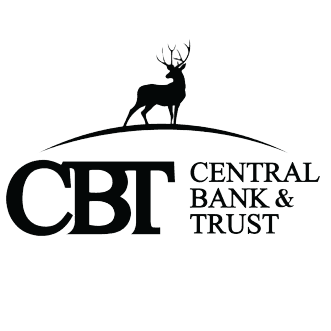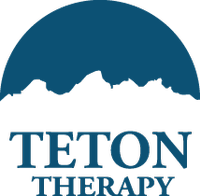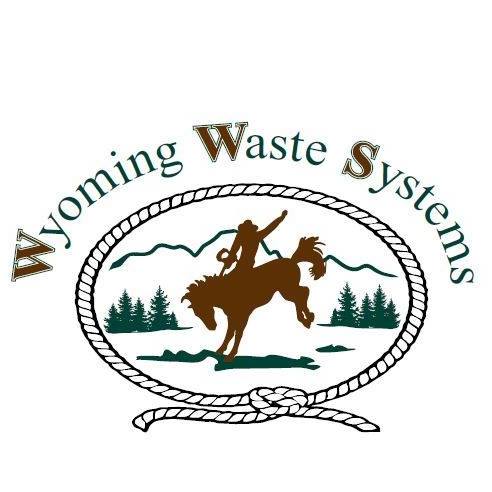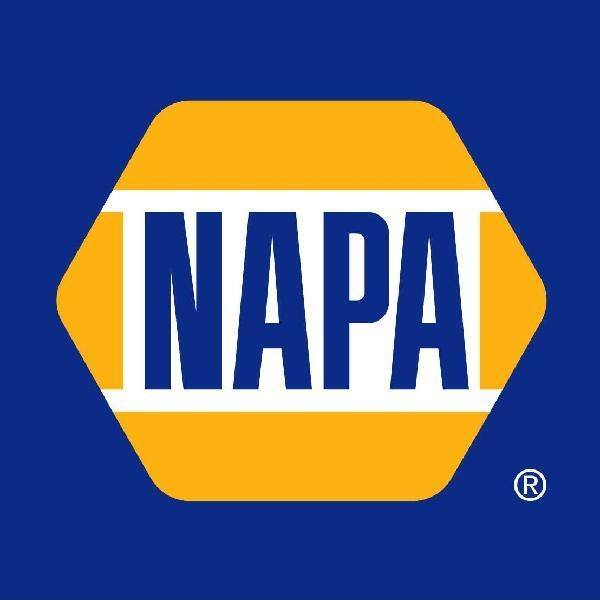On April 1st, a U.S. House Financial Services subcommittee held a hearing entitled, “Following the Money: Tools and Techniques to Combat Fraud.” The hearing covered many topics, but the conversation returned time and again to the awful Corporate Transparency Act.

The hearing kicked off with Congressman Warren Davidson (R-OH) – who leads the charge to repeal the statute – making the case for the Treasury Department’s recent overhaul of the CTA rules:
Presumably, operating a business or even a homeowners association, means you are engaged in illicit finance. Meanwhile, our Constitution says that when the government wants to know private information, they need probable cause (or reasonable suspicion) to get a warrant or subpoena. Surely we can minimize the financial harm suffered by Americans exploited by scammers without infringing on their civil liberties or adding ways to make ordinary Americans criminals.

Later in the hearing, our friends at NFIB listed additional reasons to dislike the CTA. Here’s Jeff Brabant:
Small businesses have also faced other forms of phishing and scams from the CTA. I have heard from many small business owners who have sought assistance to file their BOI. Many have had to pay their CPAs or hire an outside counsel to assist with their filings. This is an unnecessary added cost that has increased red tape and compliance burdens for small businesses. Others have fallen prey to profit companies, which may be scam operators, offering to file BOI data. A recent search of “CTA BOI Filing” on Google demonstrates this problem.
…Just last week, an Indiana farmer contacted NFIB regarding one of these scam companies. This farmer had begun the process to file through a scam company but did not complete the filing. Still, this farmer had $249 charged to his credit card. Now, the farmer is searching for a refund but will likely be without redress.
S-Corp’s own inbox is littered with similar solicitations so the experience shared by Jeff’s members is not unique.
The hearing also offered a glimpse into the mindset that allowed the CTA to be enacted in the first place. One member argued that the CTA wasn’t that onerous and that the penalties for noncompliance – including fines and jail time – do not threaten law-abiding owners because they only apply for “willful” violations. What’s so hard about reporting the name, address, date of birth, and driver’s license of a business owner?
These comments reflect three fundamental misunderstandings of the law – 1) the CTA doesn’t just apply to small, simple business structures, 2) the beneficial ownership information (BOI) collected extends far beyond the actual owners of an entity and 3) the information reported must be updated continuously.
First, the CTA is focused on legal entities, not enterprises. A mid-sized business with multiple locations will have multiple legal entities. It will have to file for each of them and supply the correct BOI for each. S-Corp has members with thousands of employees and billions in revenue who will have to file under the CTA. Other members will have to file hundreds of separate reports. There is an entire industry of law firms and CPAs dedicated to CTA compliance.
Second, the CTA defines a beneficial owner as both the actual owners and anybody else exerting substantial control within an enterprise. That includes executives, supervisors, board members, consultants, legal counsel. That mid-sized business might have dozens of so-called beneficial owners. Somebody within the business will have to decide whose BOI gets reported. That’s a willful decision that better be right.
Third, BOI reporting is not just a one-time event. It has to be updated within 30 days of a change. So that mid-sized company will have to review, every 30 days, all their submitted information and update any changes. Did somebody leave the company or get hired? Did we take on new partners? Did anybody move? Every thirty days.
One last thing – the criminals aren’t going to self-report their crimes. The CTA database would have included the personal information of about 100 million law abiding owners and their employees, and little to no information about the crooks.
The good news is this is all in the past, at least for now. The new Treasury rules exempt most businesses from having to file these reports. But the hearing also made clear why a permanent fix is necessary.
The Main Street Community will continue to work with Representative Davidson and other allies to repeal the CTA entirely and replace it with something more thoughtful, targeted, and effective. A risk-based approach that follows the money would be less intrusive and more effective. S-Corp will have more to say on that front in the future.
—
The Lander Chamber of Commerce subscribes to S-Corp’s “Washington Wire” and occasionally shares news items with Lander Chamber members.




















